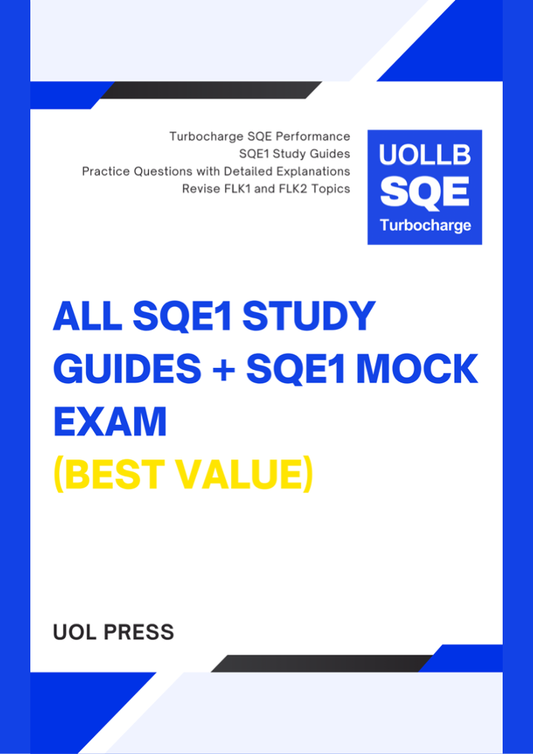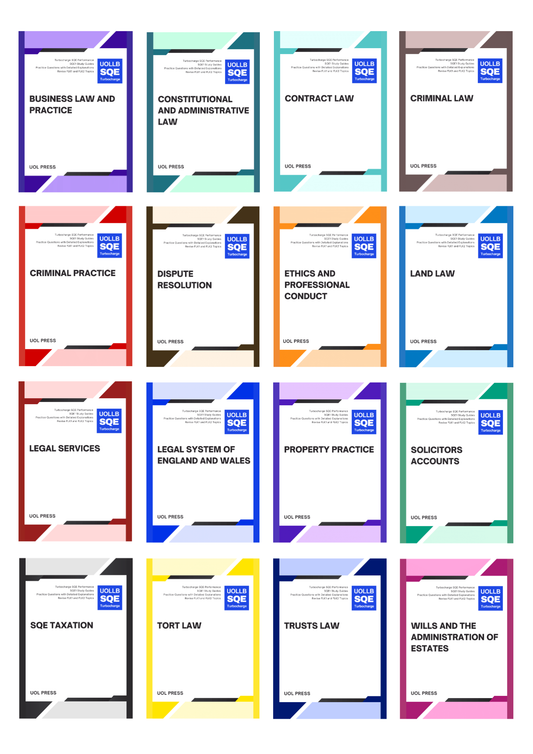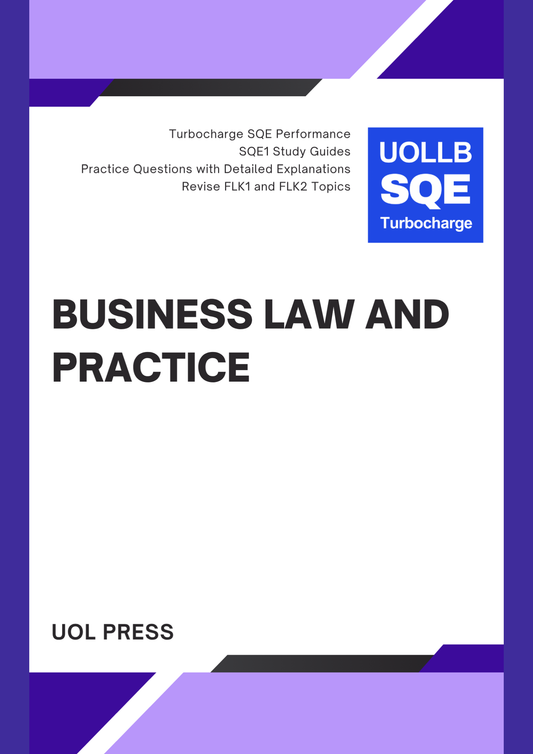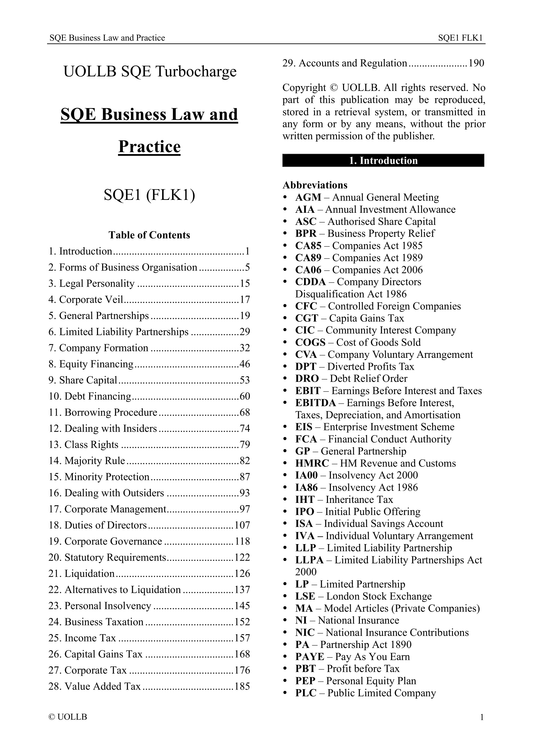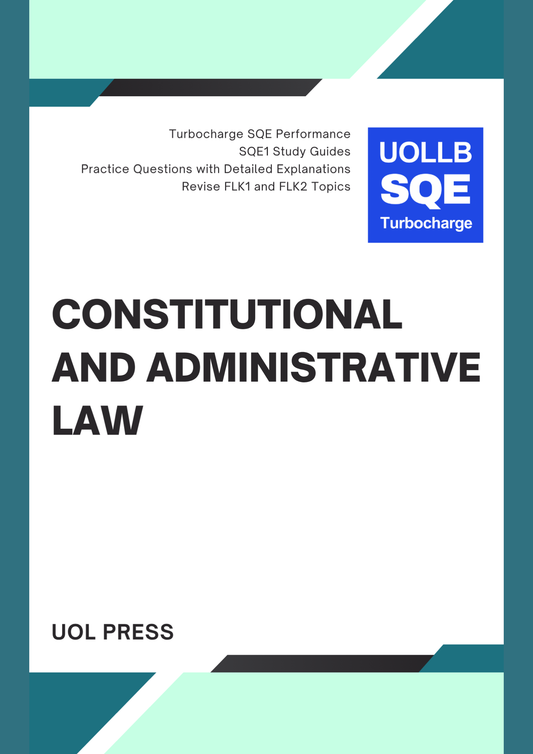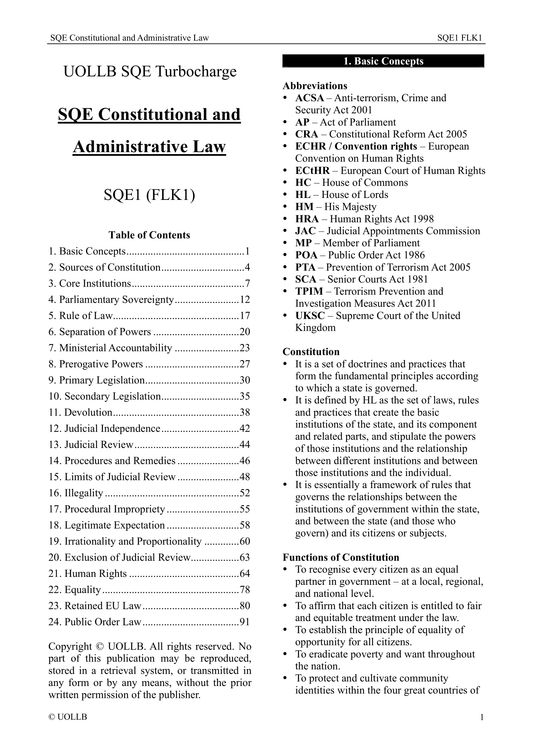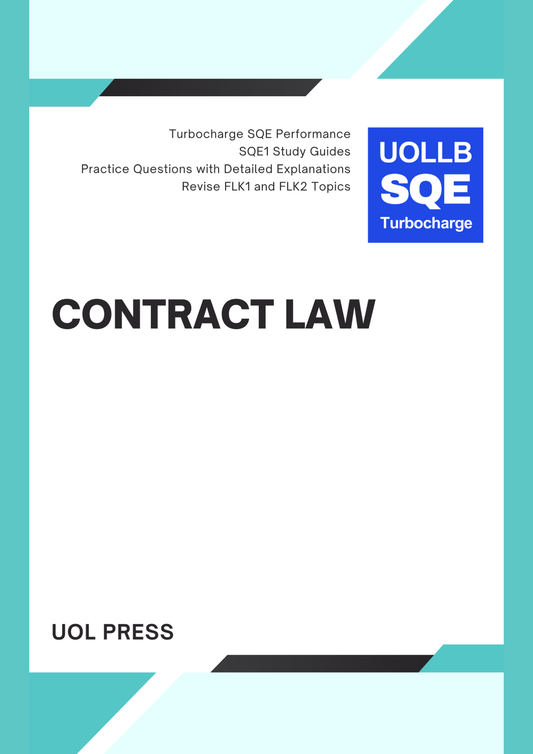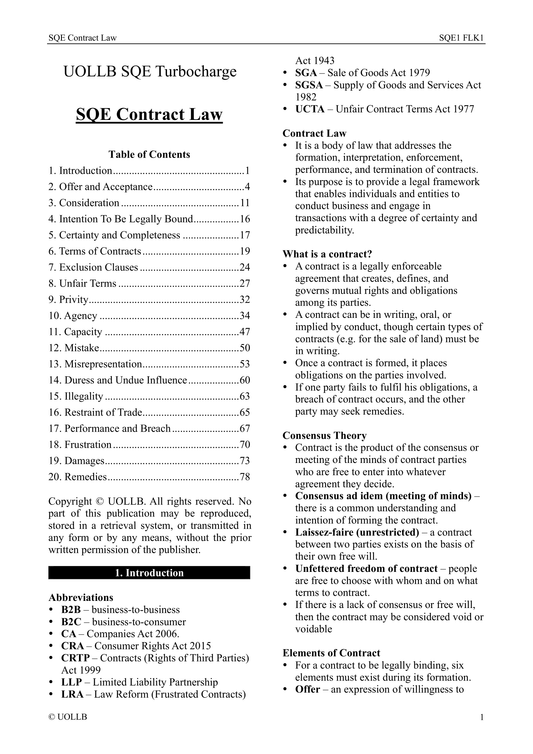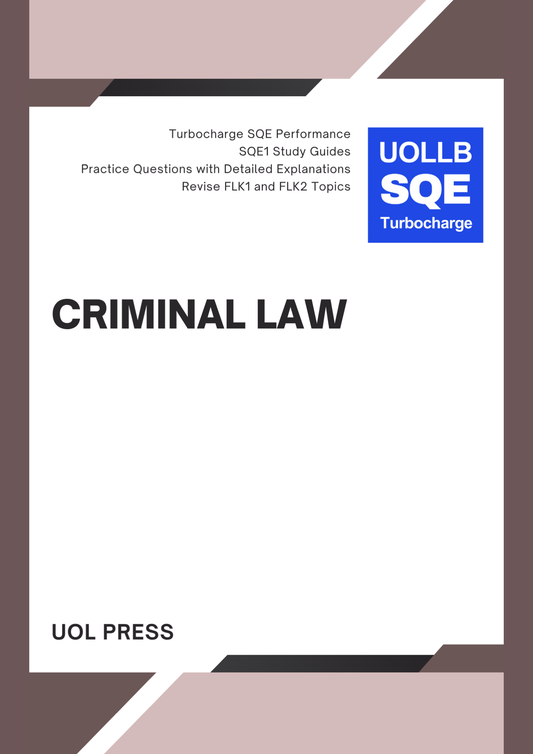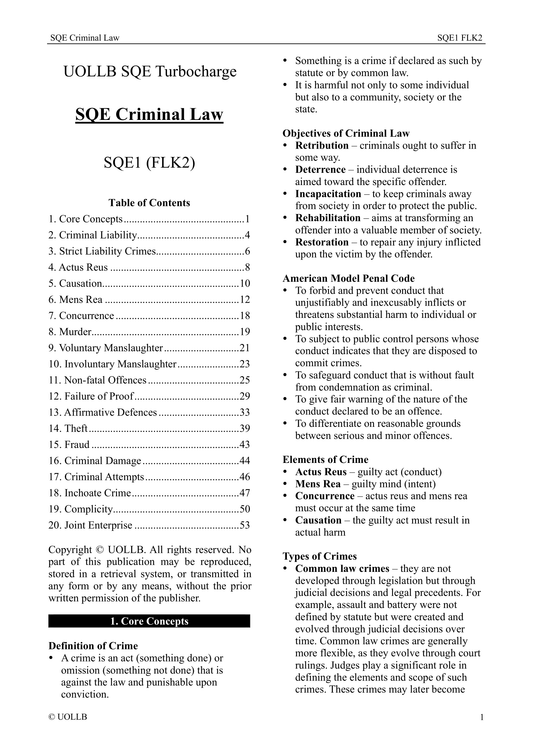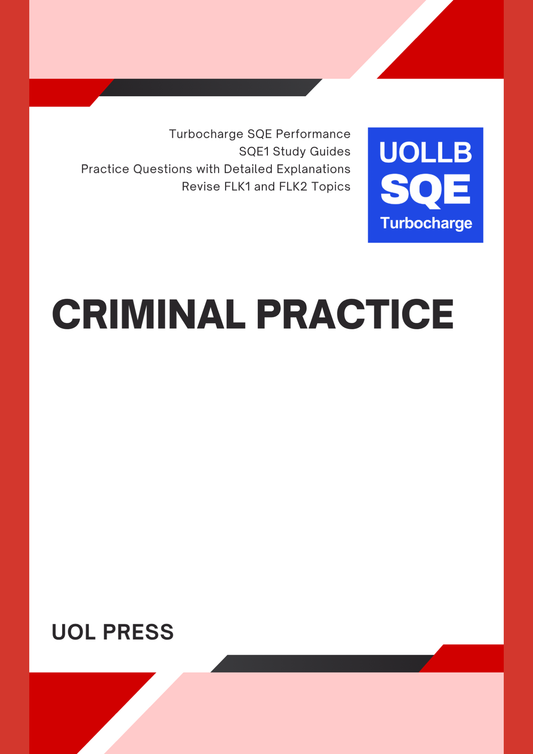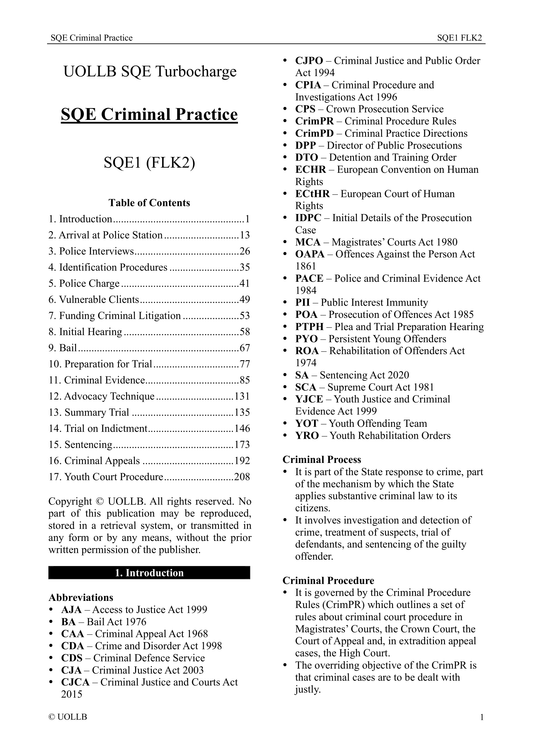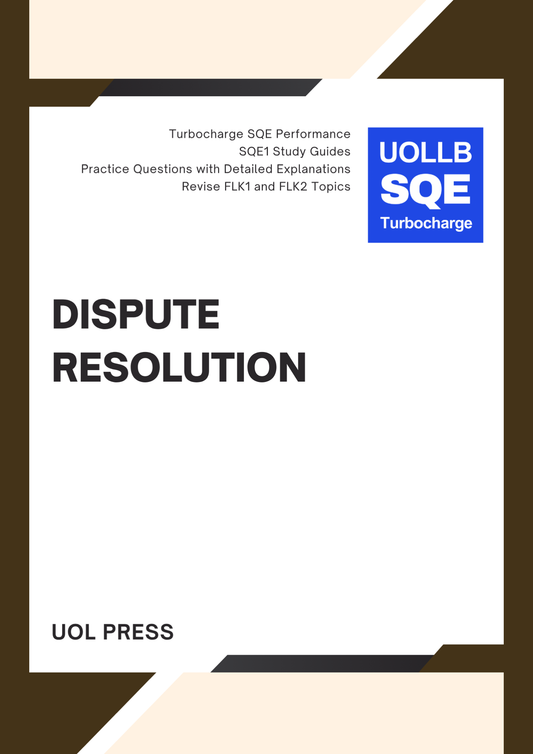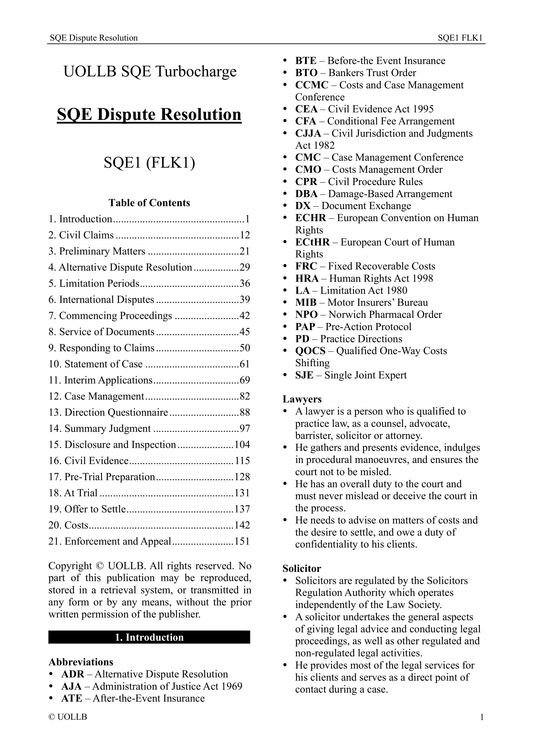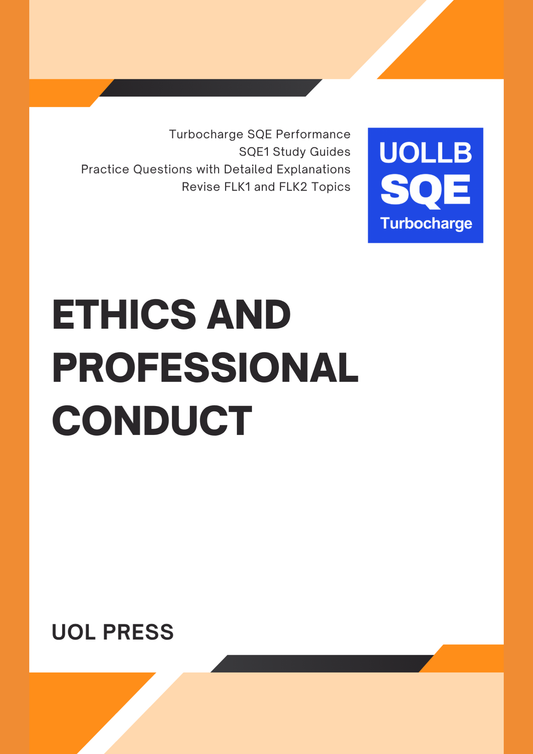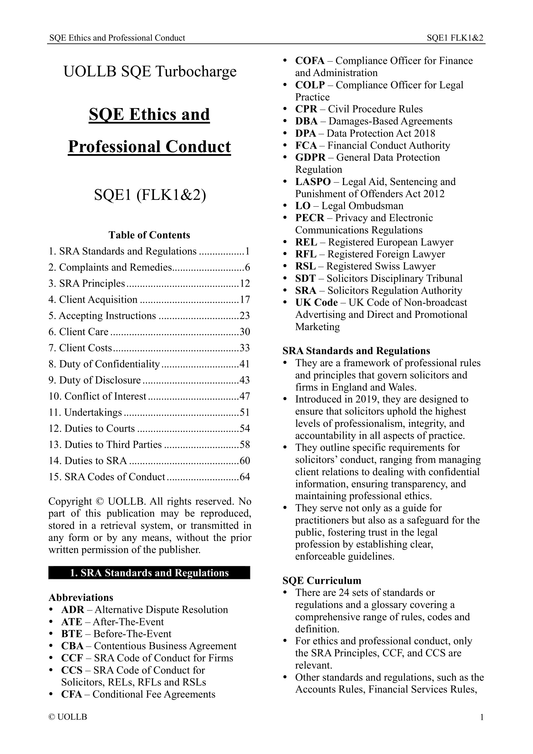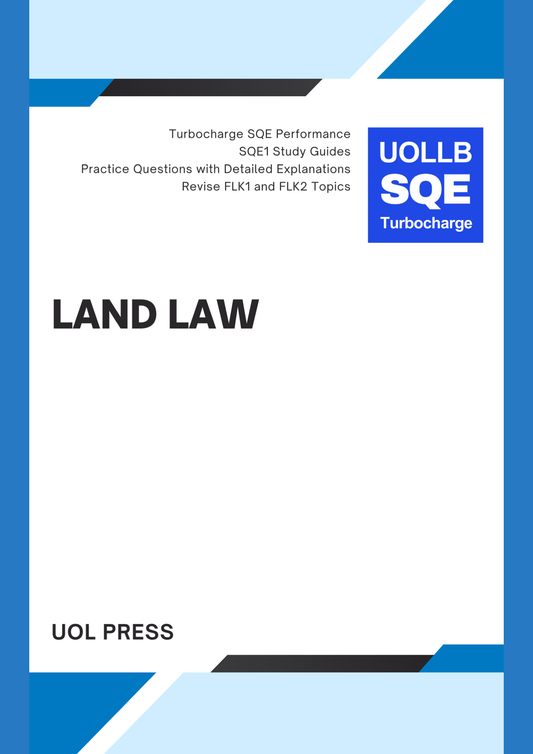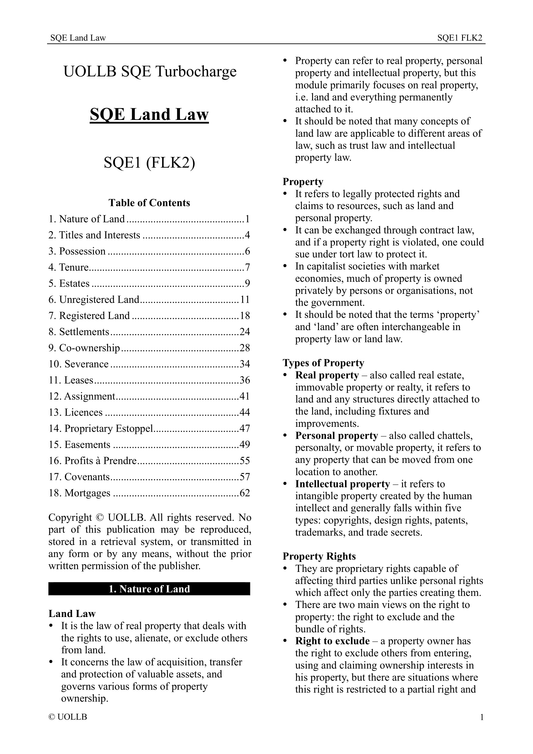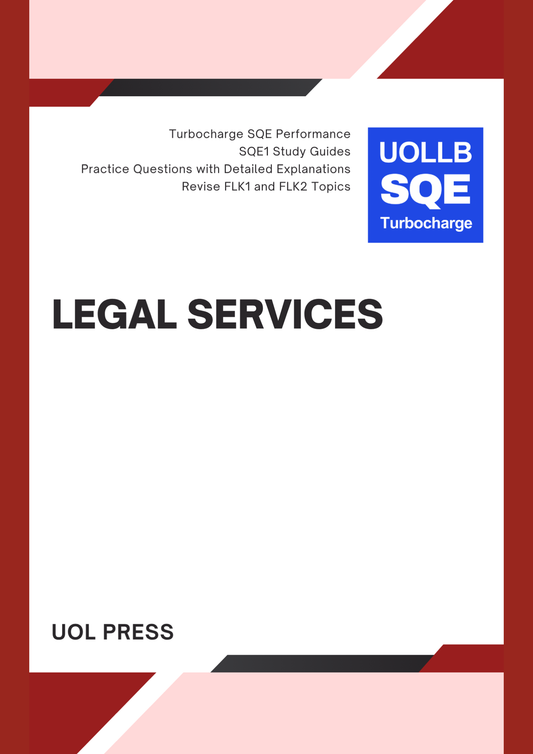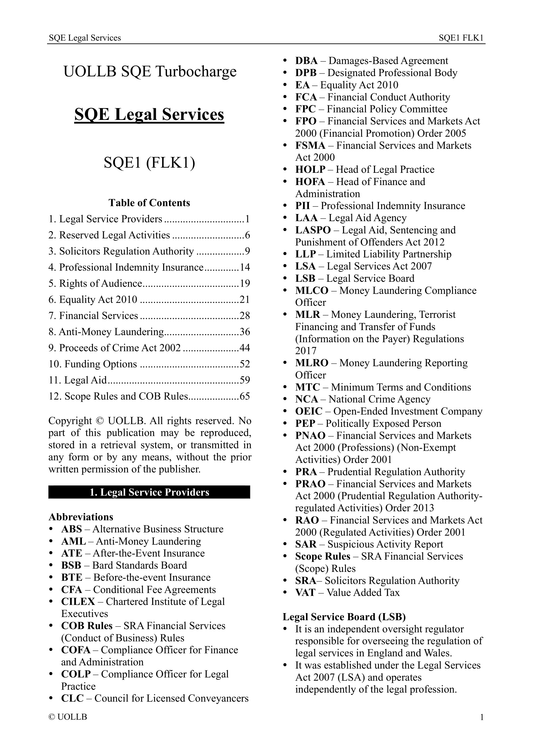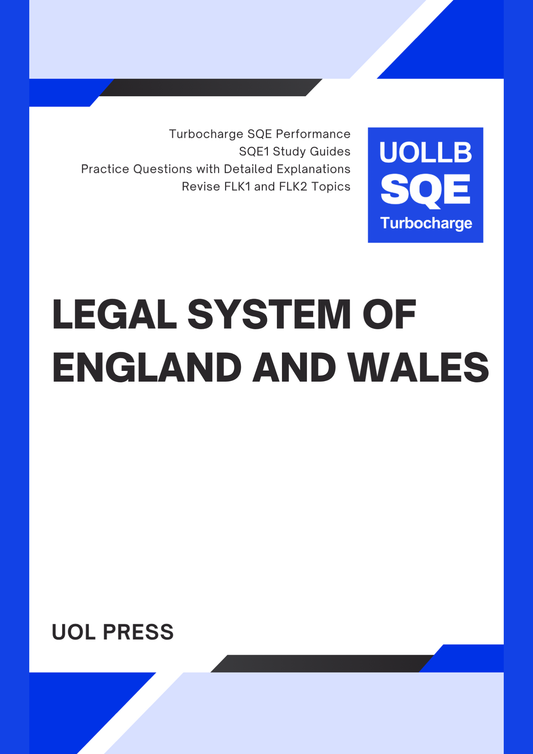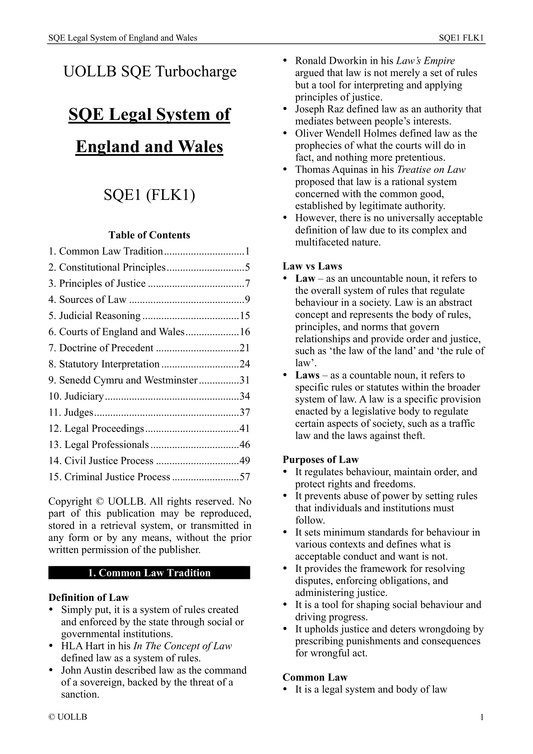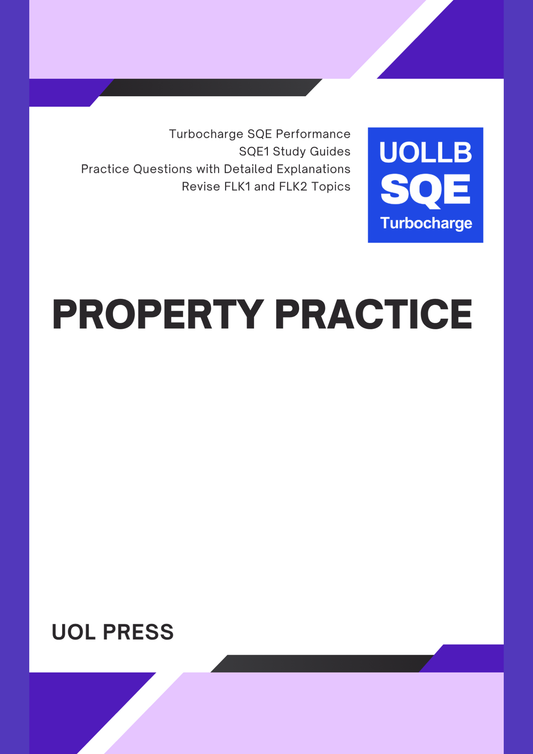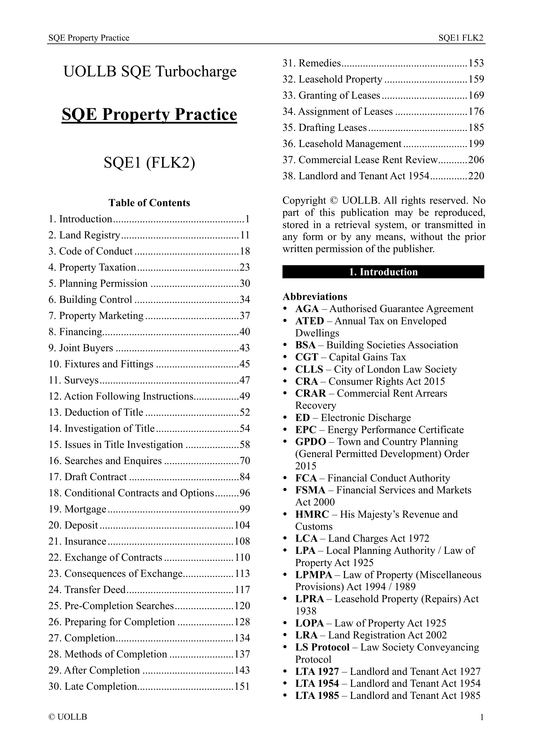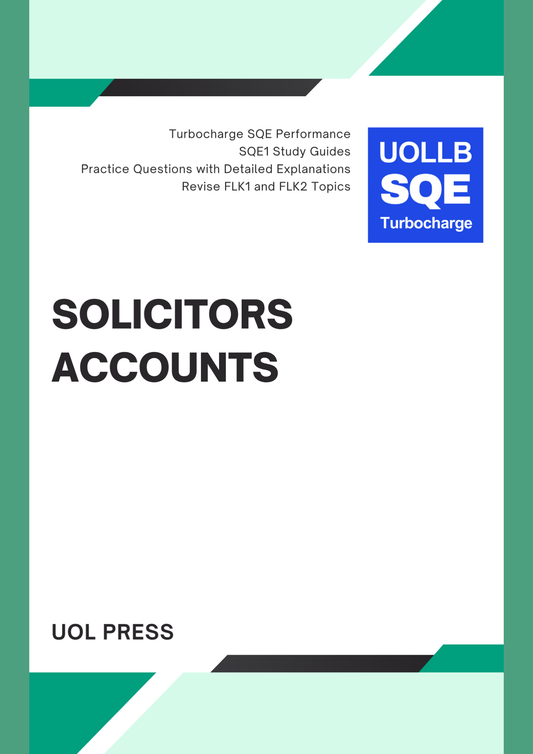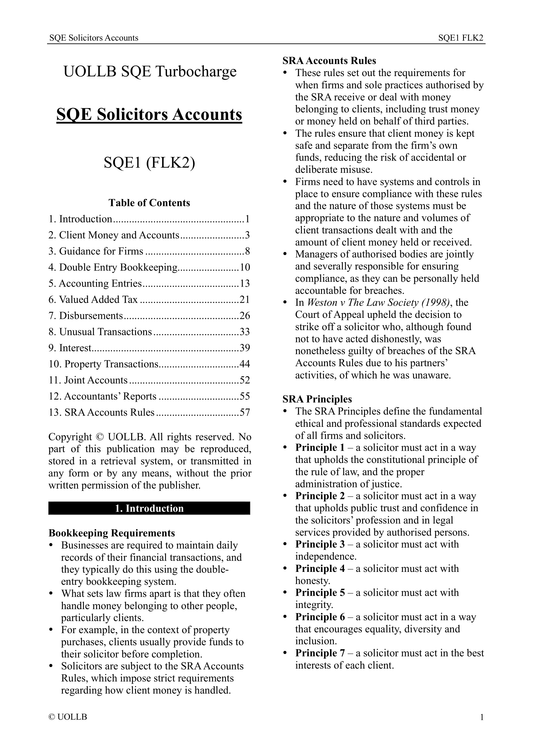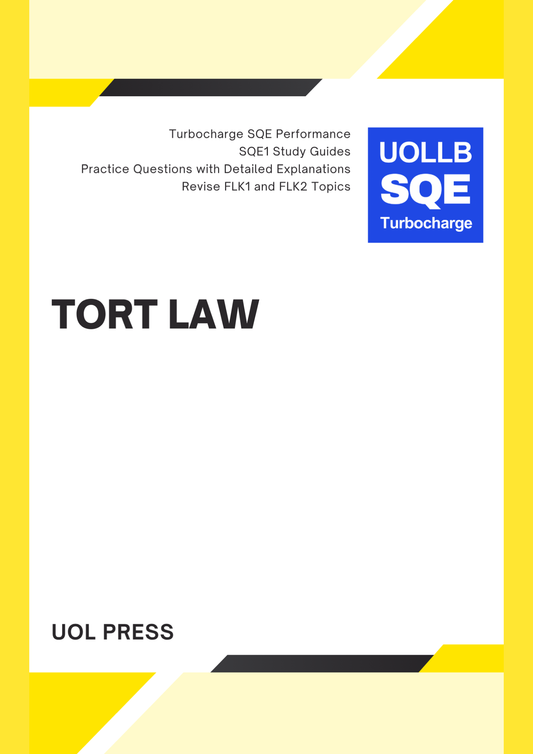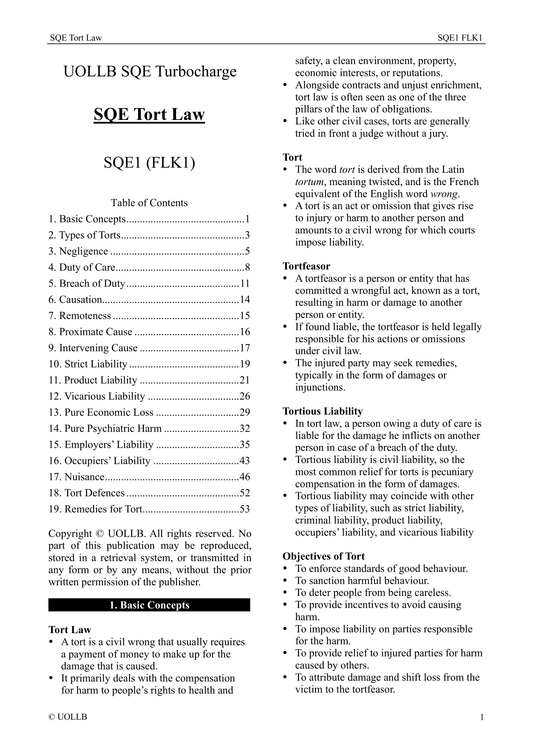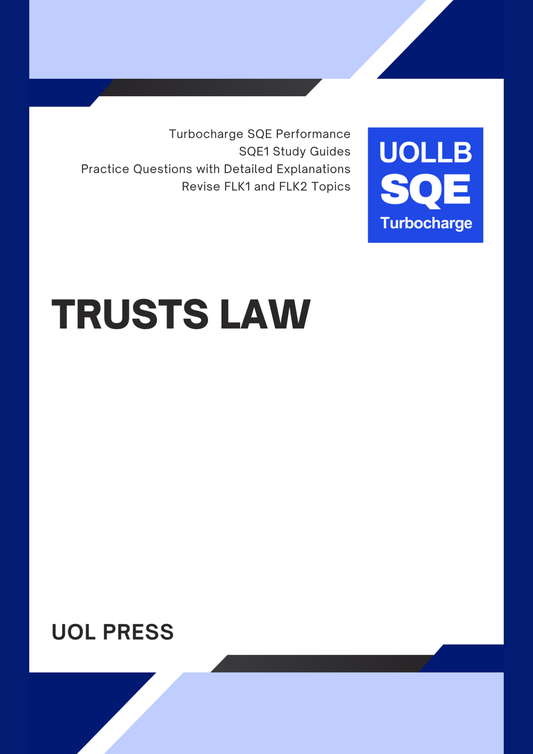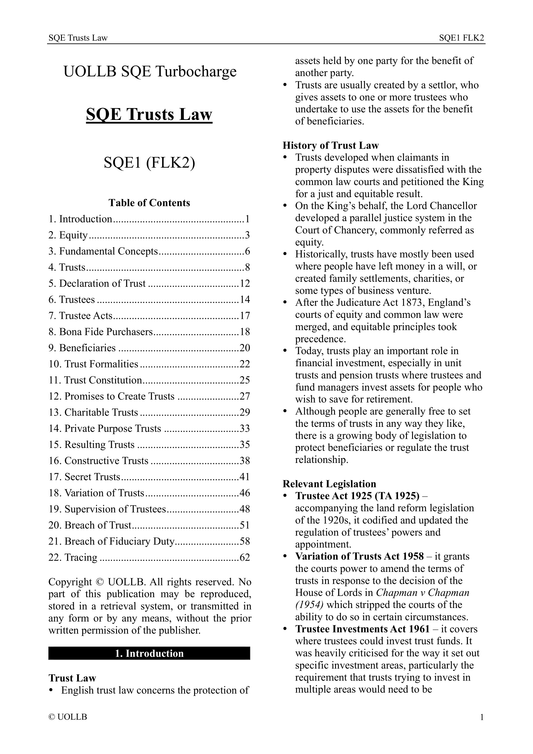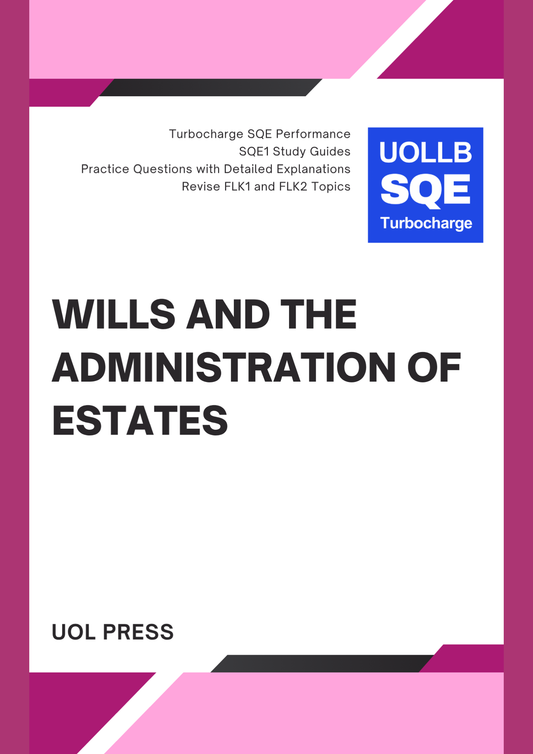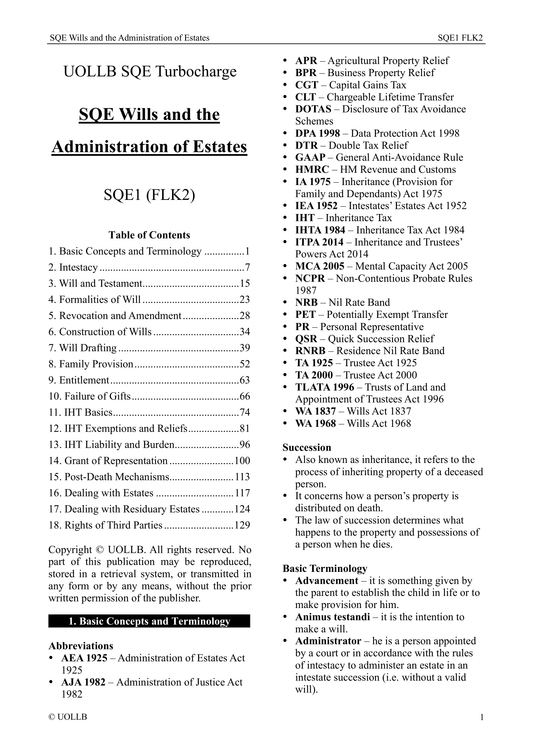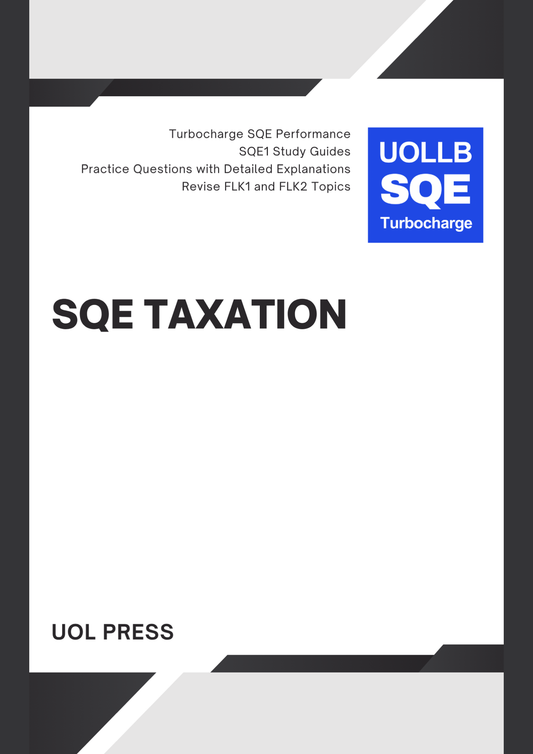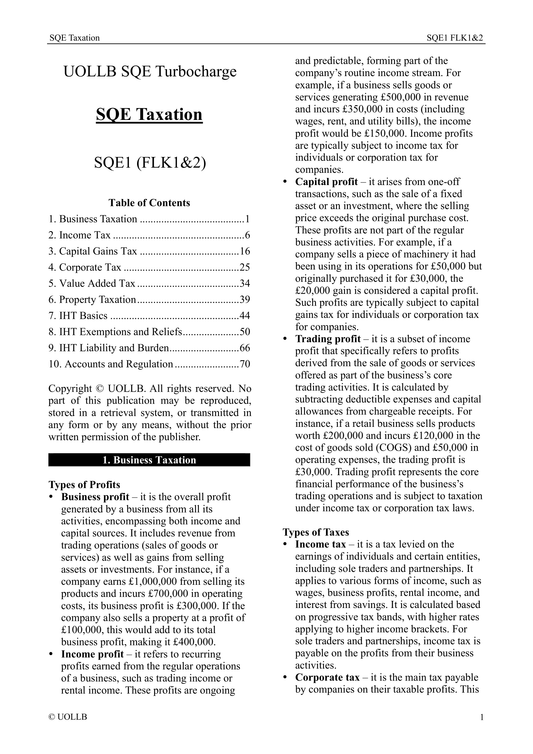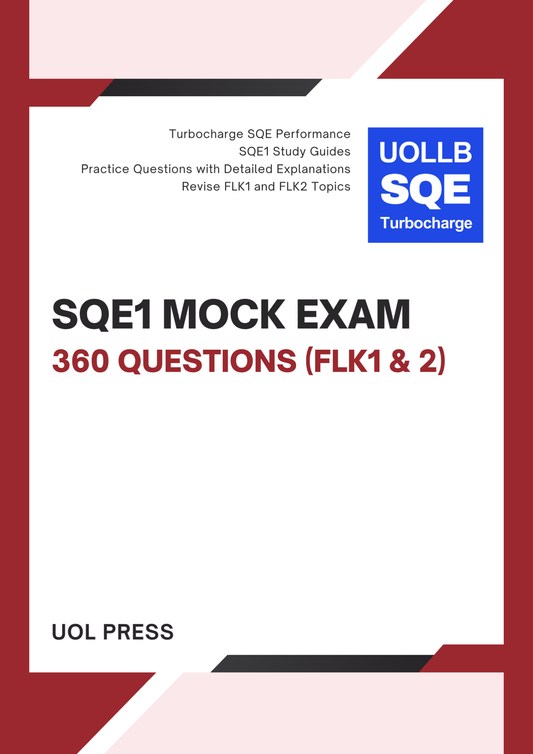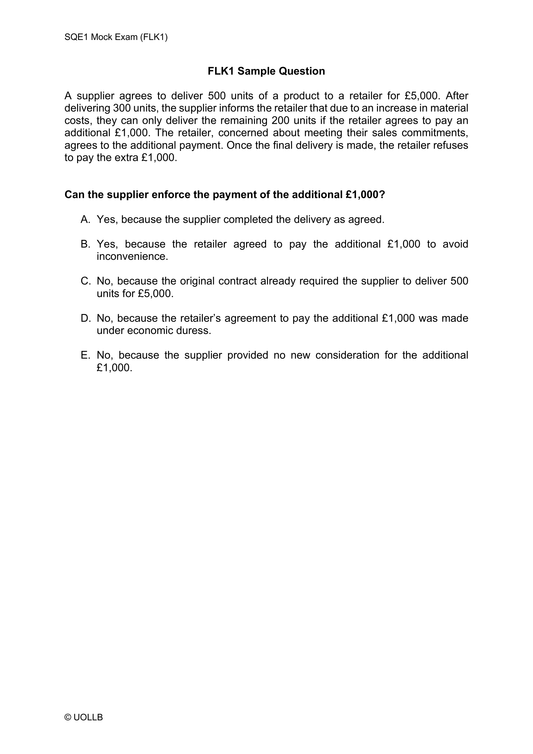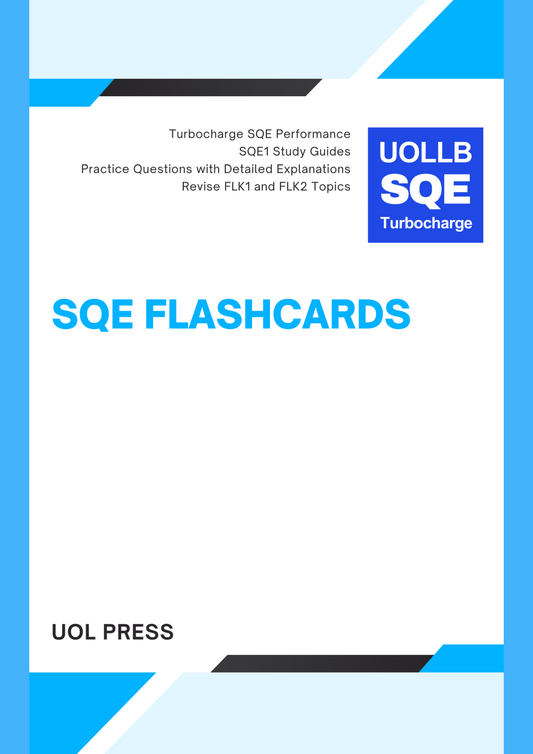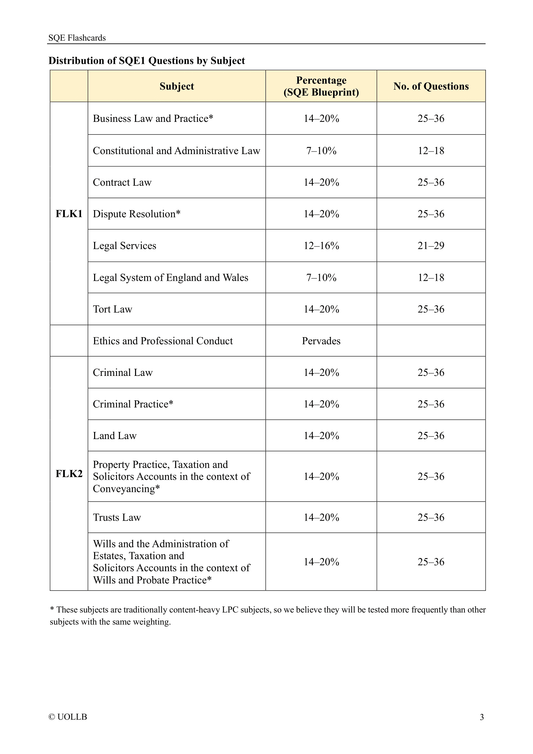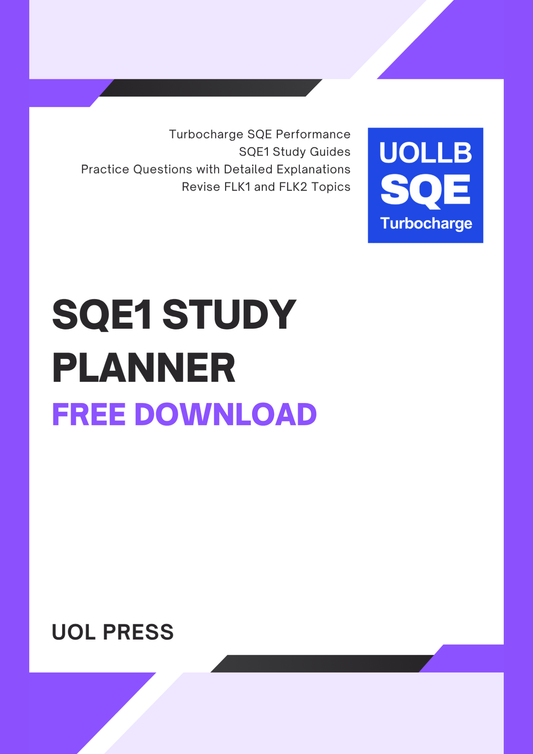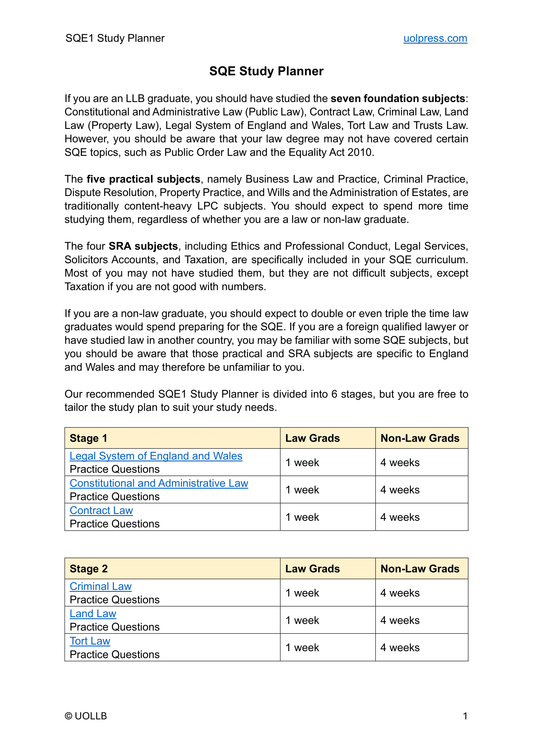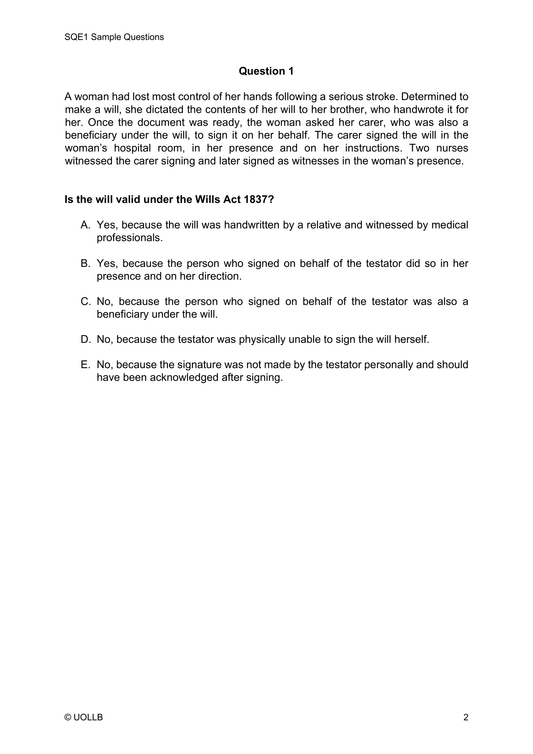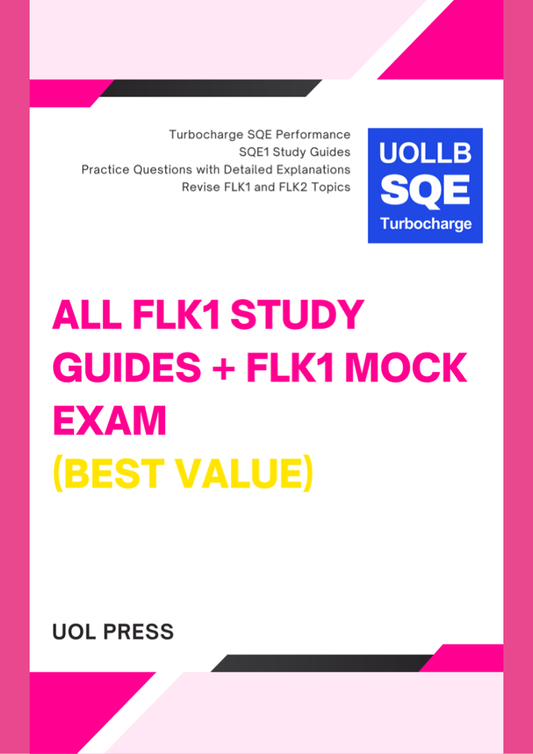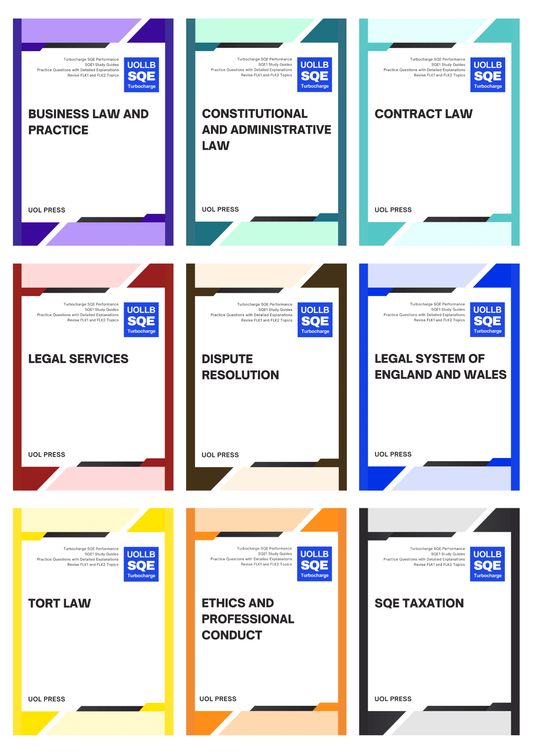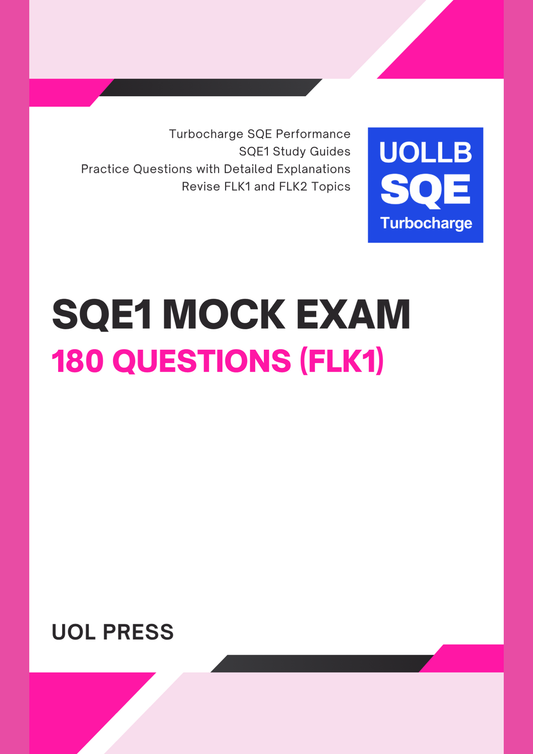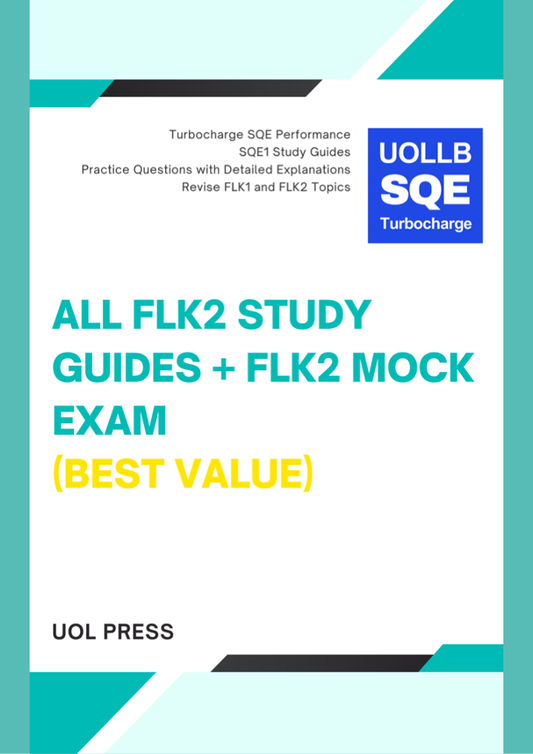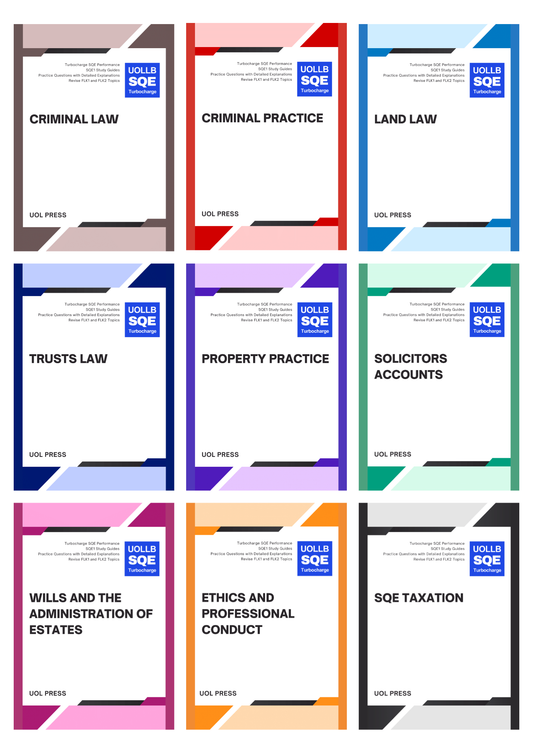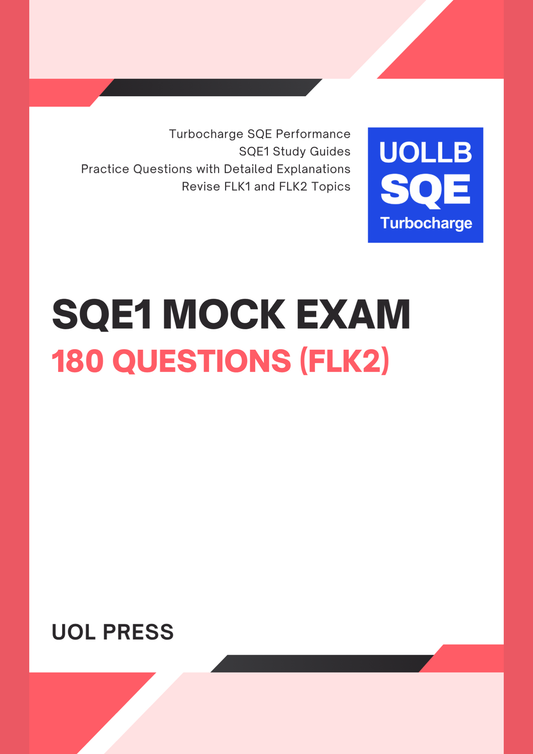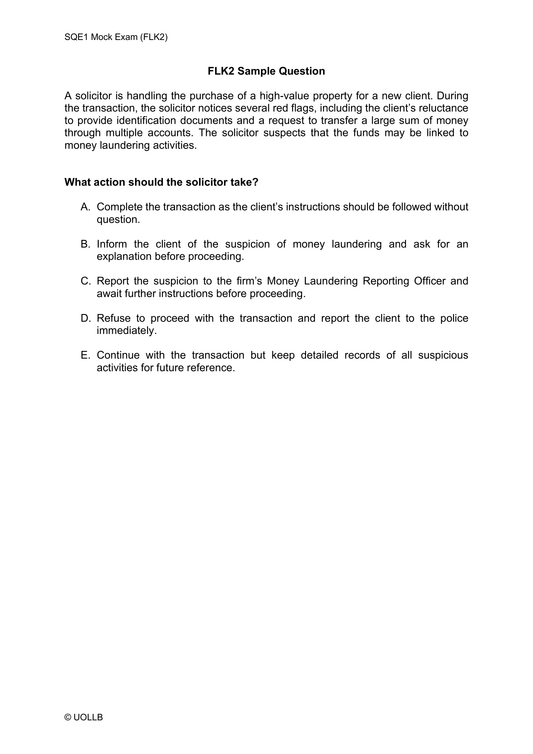Is SQE Right for You?
Share
As the LPC route is being phased out, the SQE route will become the only route for aspiring solicitors to qualify in England and Wales. Deciding whether the SQE is the right path for you involves several important considerations.
Firstly, assess whether you meet the eligibility criteria for qualifying via the SQE route. This includes having a degree (or equivalent qualification or experience) and being able to complete the necessary steps, such as passing both SQE1 and SQE2 and gaining Qualifying Work Experience (QWE).
Secondly, consider the financial commitment. The SQE assessments, along with preparation courses, tutoring, textbooks, and other associated materials, can represent a significant investment. It is crucial to evaluate your ability to meet these costs before embarking on the journey.
Thirdly, the SQE requires mastering a vast amount of material. The exams are entirely closed book, so you must have strong memorisation skills and the ability to retain large volumes of legal knowledge.
Fourth, the SQE demands a high level of discipline and effective time management. Preparing for these assessments involves a rigorous study schedule, and you must be prepared to dedicate sufficient time and effort to ensure success. If you can commit to these demands and feel confident in your ability to meet the challenges, the SQE could be the right path for your legal career.
Lastly, there are many types of lawyers in England and Wales, and a solicitor is just one of them. You could become a barrister, CLC lawyer, patent attorney, trademark attorney, or CILEX lawyer, all of whom are considered lawyers but qualify through different routes. The SQE is not the only route for you to qualify as a lawyer.
Firstly, assess whether you meet the eligibility criteria for qualifying via the SQE route. This includes having a degree (or equivalent qualification or experience) and being able to complete the necessary steps, such as passing both SQE1 and SQE2 and gaining Qualifying Work Experience (QWE).
Secondly, consider the financial commitment. The SQE assessments, along with preparation courses, tutoring, textbooks, and other associated materials, can represent a significant investment. It is crucial to evaluate your ability to meet these costs before embarking on the journey.
Thirdly, the SQE requires mastering a vast amount of material. The exams are entirely closed book, so you must have strong memorisation skills and the ability to retain large volumes of legal knowledge.
Fourth, the SQE demands a high level of discipline and effective time management. Preparing for these assessments involves a rigorous study schedule, and you must be prepared to dedicate sufficient time and effort to ensure success. If you can commit to these demands and feel confident in your ability to meet the challenges, the SQE could be the right path for your legal career.
Lastly, there are many types of lawyers in England and Wales, and a solicitor is just one of them. You could become a barrister, CLC lawyer, patent attorney, trademark attorney, or CILEX lawyer, all of whom are considered lawyers but qualify through different routes. The SQE is not the only route for you to qualify as a lawyer.
